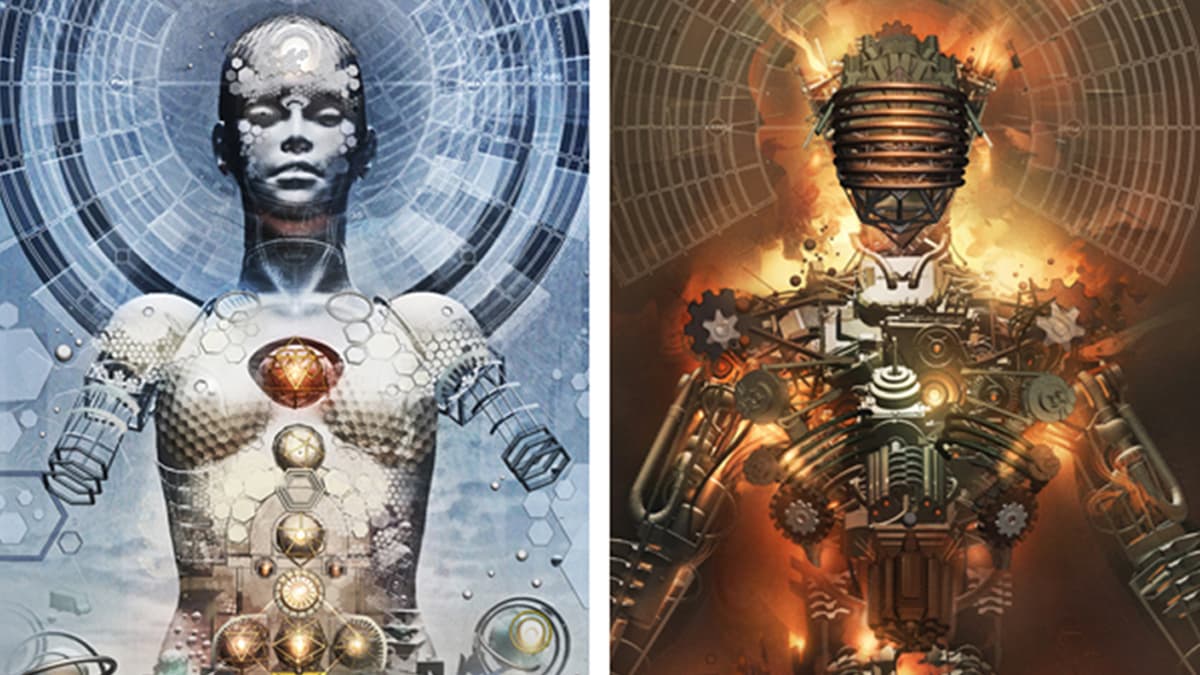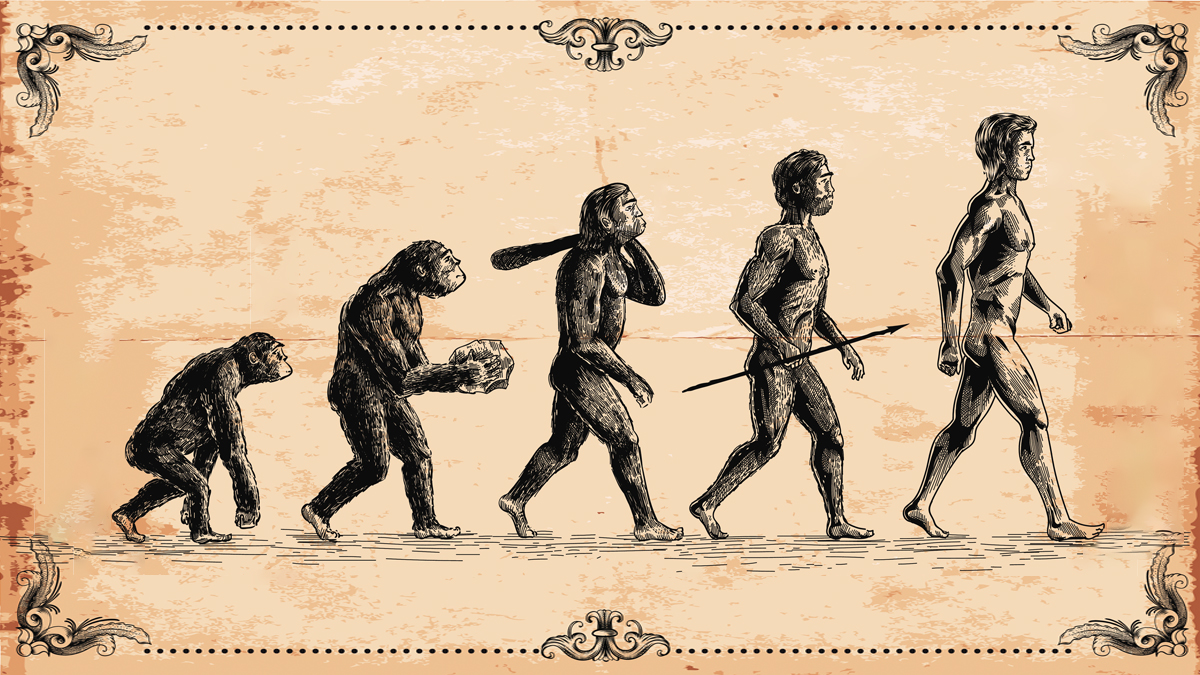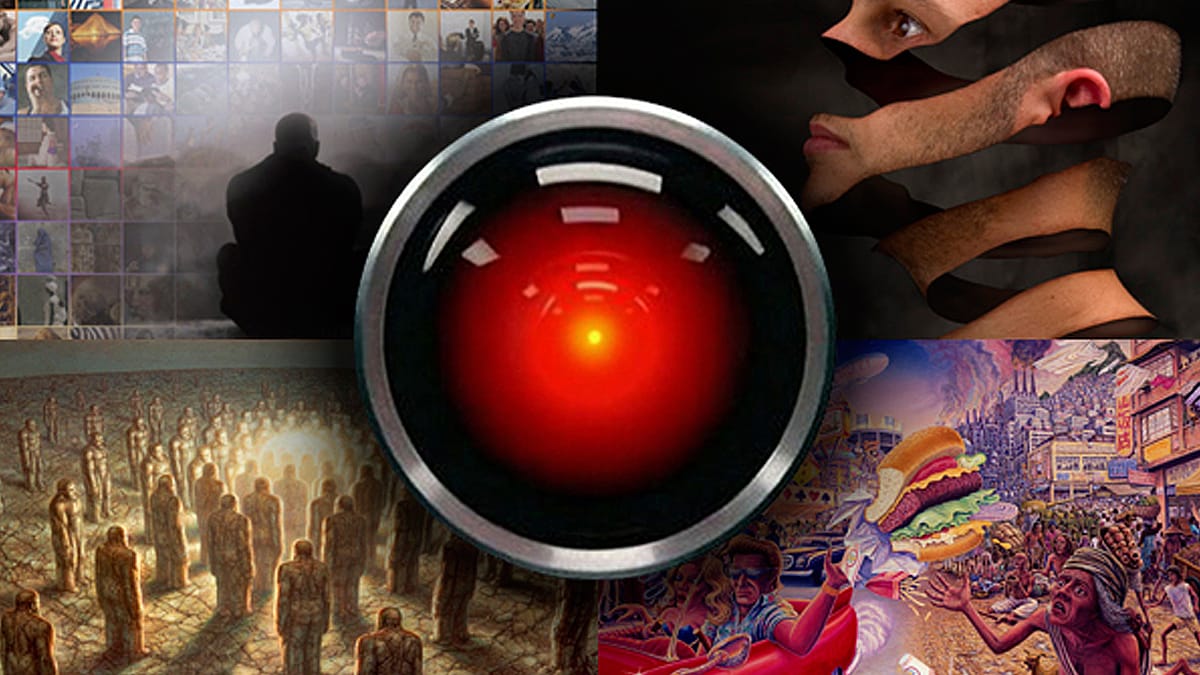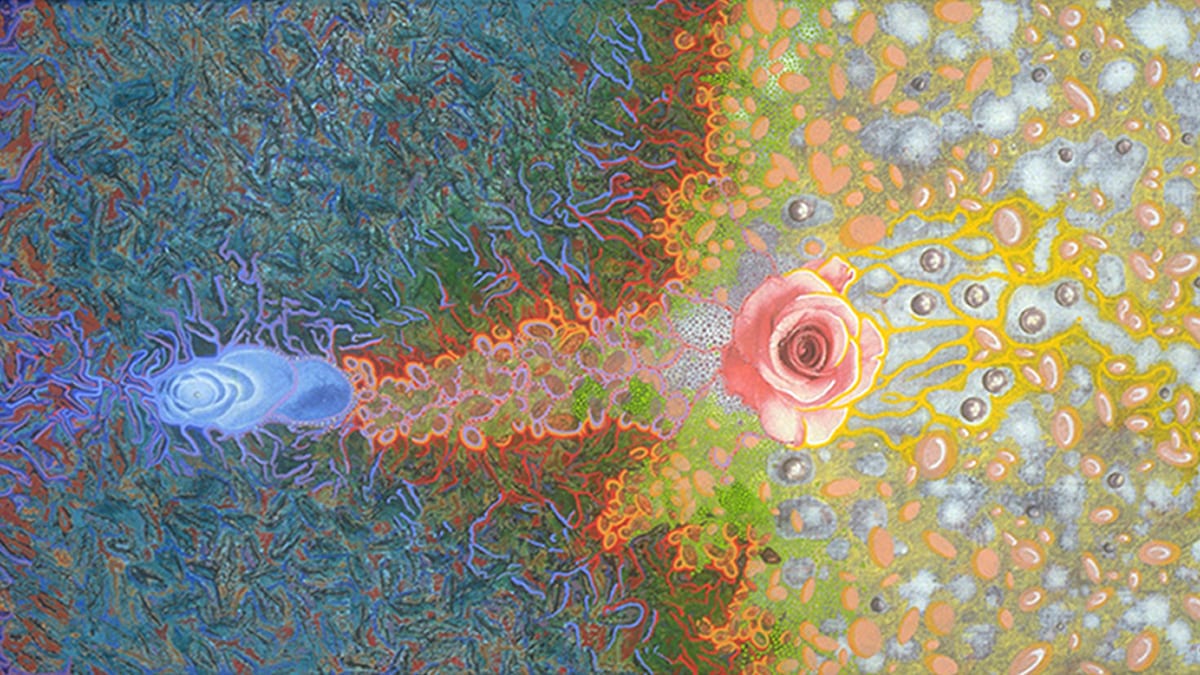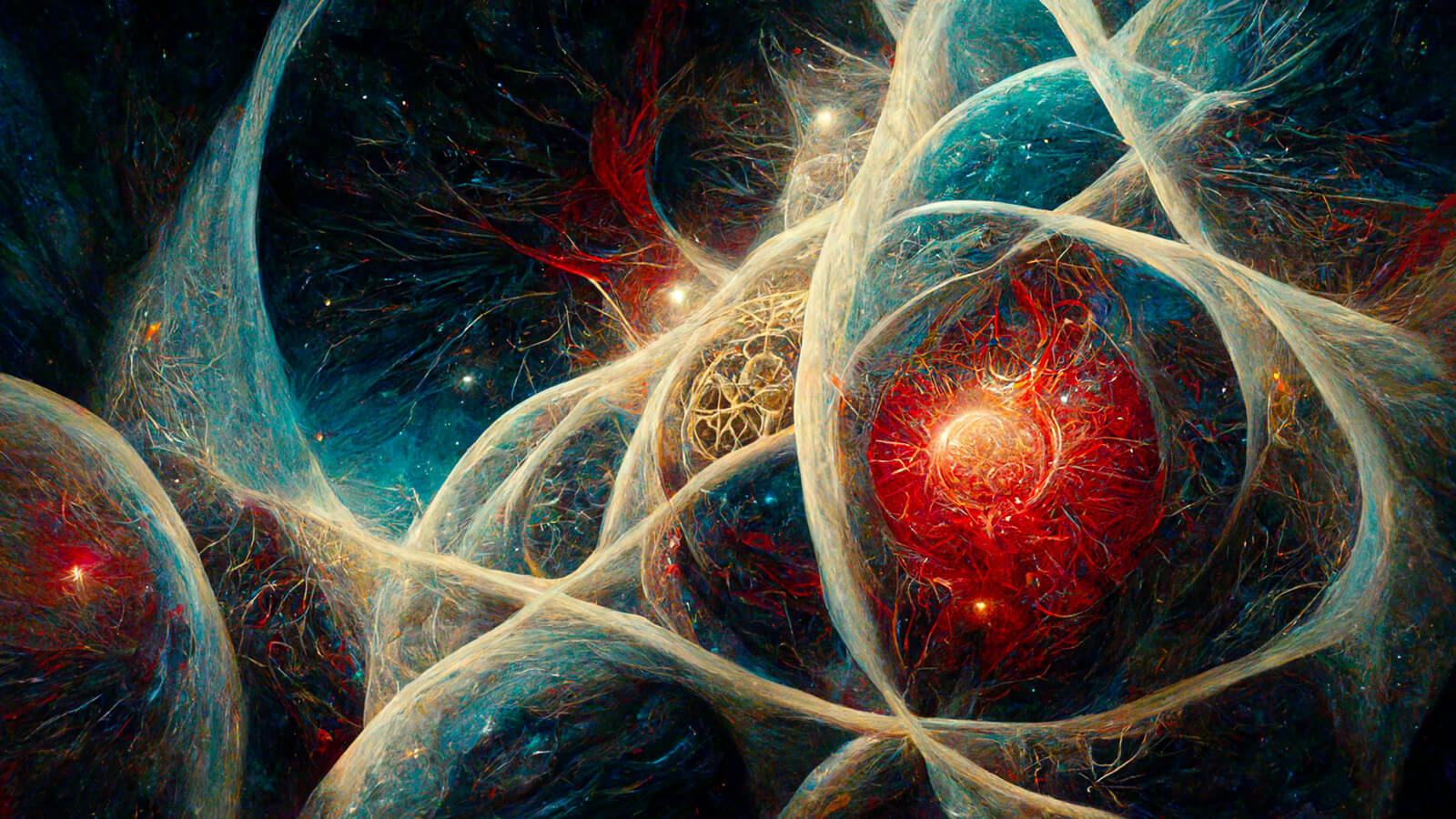As part of our work on the Innovation Lab advisory board of the Institute of Noetic Sciences, I had the pleasure of sitting down with OpenCog founder and leading AGI researcher Ben Goertzel and IONS Innovation Lab director Julia Mossbridge to discuss LOVING AIs, a project aiming to design and develop an “unconditional loving” module for AGIs. In this interview, I dive into the rabbit hole of AGI with Ben and Julia to discuss the state of the field, what it would mean to program unconditional love into AGIs, and some thorny implications for the brave new world we’re entering.

Science & Technology
“Somewhere, something incredible is waiting to be known.” – Carl Sagan
Explore the changes brought by AI, virtual reality, and other breakthroughs, and what they mean for us all.


 April 5, 2017
April 5, 2017 
